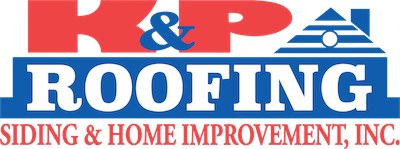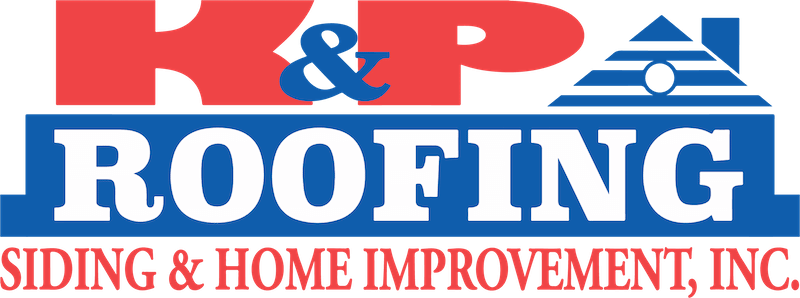Your home Improvements can qualify you for tax deductions and possibly even tax credits.
You heard that right: by repairing or improving your home you may be eligible for money during tax season.
And since we want Louisville home owners to make as many repairs as possible 😉 we put together a list of several ways you can benefit from making home repairs.
Energy-Efficient Home Improvements
You can’t deduct home improvements that increase your home’s energy efficiency, but you can do something even better: get a tax credit. Credits are subtracted from your tax liability for the year, whereas deductions are subtracted from your taxable income to calculate the tax liability. Thus, credits can save you a lot more money on your taxes than deductions.
The Residential Energy Efficient Property Credit allows you to claim a tax credit of 30% of the cost of solar hot water heaters, solar electricity-generating equipment, and other qualified alternative energy equipment. The credit for solar-type equipment has been extended at least through 2021. Sadly, the other types of energy tax credits have now expired.
–http://taxes.lovetoknow.com/deduct-home-improvements-from-income-taxes
Mortgage interest
Your biggest tax break is reflected in the house payment you make each month since, for most homeowners, the bulk of that check goes toward interest. And all that interest is deductible, unless your loan is more than $1 million. If you’re the proud owner of a multimillion-dollar mortgaged mansion, the IRS will limit your deductible interest.
-Read more: http://www.bankrate.com/finance/taxes/home-sweet-homeowner-tax-breaks-1.aspx#ixzz4YlwgVXd3
Home expenses and improvement:
If you make improvements to your property, you cannot write off the cost of home improvement, such as the materials and the labor. (Though you can write off the interest of course if you took out a home loan to pay Joe Contra ctor and purchase the materials.) However, when you sell your home, you can add the cost into the asking price of your property, which should diminish the capital gain when you sell your home, says Gregory of 1040Return.com.
ctor and purchase the materials.) However, when you sell your home, you can add the cost into the asking price of your property, which should diminish the capital gain when you sell your home, says Gregory of 1040Return.com.
–http://www.marketwatch.com/story/10-homeowner-tax-breaks-you-should-be-taking-advantage-of-2015-04-02
Casualty Losses
Especially given the very harsh winter weather we’ve seen recently, it’s important to note that when disaster strikes you are able to claim a tax break for any significant losses.
“You have to have a loss more than 10% of your income,” “So if you make $50,000, you have to pay $5,000 out-of-pocket before you get any deduction.”
And for the record, that’s an out-of-pocket loss. You won’t get a deduction for losses that were covered by your insurer and that you were compensated for.
“some people don’t update their insurance, or sometimes there’s specific things [insurers] exclude so you can still have a casualty loss even with coverage.”
Just make sure that before you claim a $3,000 flat screen was stolen by a burglar or that you had a fully finished basement damaged in a flood that you can prove the value.
“The biggest thing is documentation, documentation, documentation.”
In this age of smartphones, it only takes a minute to snap a picture of valuable property — something good to have for both insurance claims as well as taxes, she said.
With the incentives, and tax breaks allotted to you from being a home owner, it may be possible to finance those home improvements after all.


